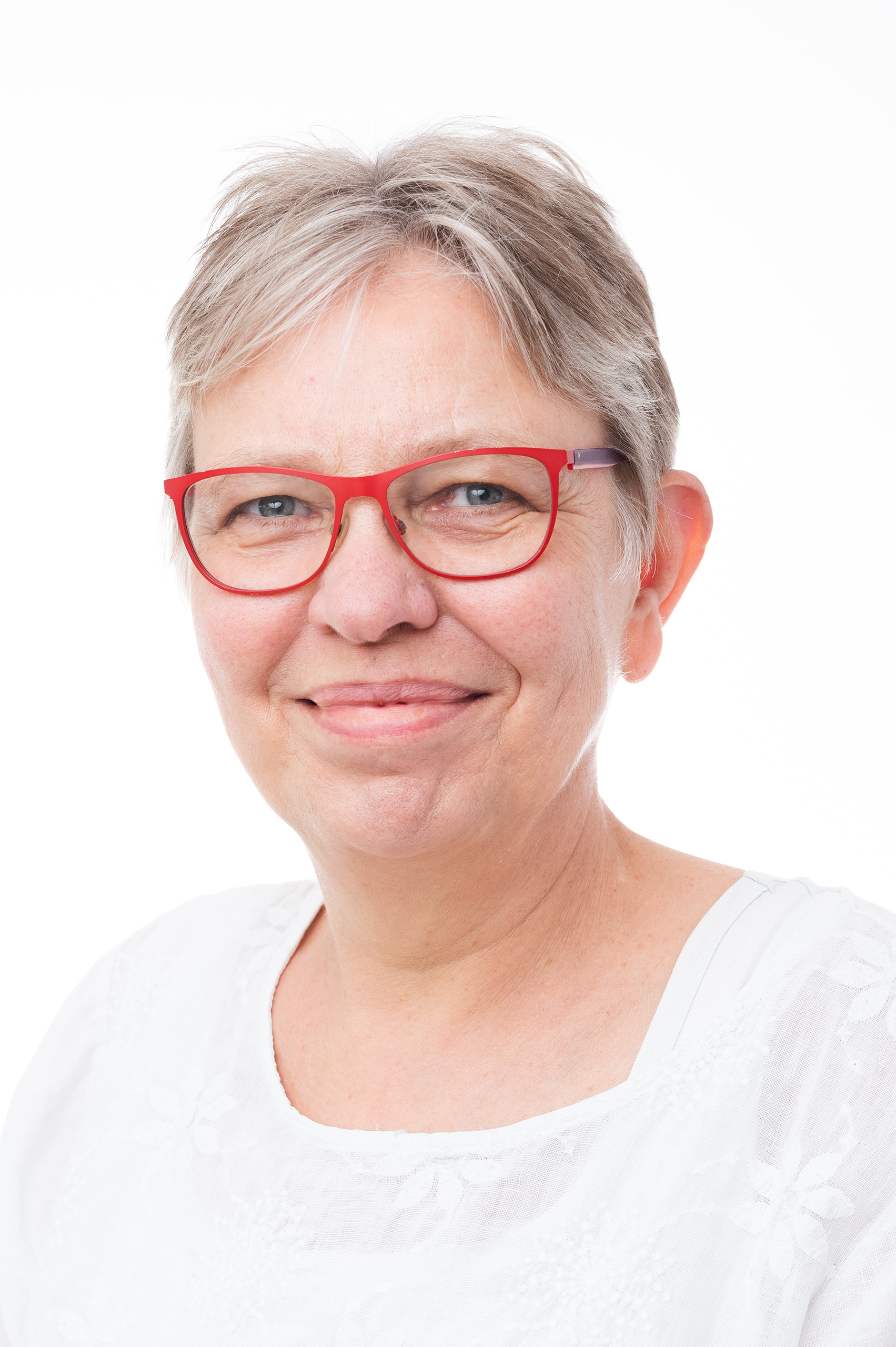Martina Cornel is Professor of Community Genetics and Public Health Genomics and the Amsterdam University Medical Centre. She will be giving the ELPAG Award Lecture on Monday June 13 at 12.15 hrs. She talked to Mary Rice about her life and work.
If Martina Cornel’s brother’s frequent hospitalisations for coeliac disease prompted her interest in medicine, it was astronomy that first gave her a love for science. “At school at the age of 15 I had a mathematics teacher who also offered astronomy lessons to a few of the pupils. I found being able to calculate how the stars move to be quite astonishing.”
Growing up in a traditional Catholic family, she was expected to find a husband “preferably with a fixed position”, and to have children. Her parents wanted her to become a primary school teacher, but never contemplated her going to university. “My father was involved in building bridges and my mother worked as a nurse. I sometimes see my role as building bridges in healthcare, which still is somehow in line with their interests.”
After studying medicine at the University of Groningen, which in 1993 awarded her a doctorate for her thesis ‘Registration and prevention of congenital abnormalities’, she was registered as an epidemiologist in 1994. Her interest and involvement in genetic testing and screening programmes to identify prospective parents at risk of a seriously affected pregnancy has led to firm views on research dissemination.
“Moving knowledge off the shelves and into practice is often not appreciated by scientists, but it is very much needed. For example, I was involved as an expert in a campaign to inform parents-to-be of the protective effects of folic acid against neural tube defects. In The Netherlands more than 50% of pregnant women over the last decades took pre-conceptional folic acid and the birth prevalence of neural tube defects dropped. I was very happy about the collaboration with stakeholders I had not met so far, people who develop campaigns, patient organisations. We went to the European parliament with spina bifida patients in wheelchairs and their dogs.”
This can be a long process, however. “We are starting new-born screening for spinal muscular atrophy in The Netherlands this summer, but it took years to get there. Though science tends to lead to nice publications, implementation of the results is a different matter. You need to put in a lot of effort and have a lot of patience.”
Outside science, her interests include birds, nature, and music. “We live close to a water catchment area, and during the covid pandemic I enjoyed stretching my legs there, listening to birds and looking at avenues of rare tree species. I also sing in a choir. We sing because we enjoy it; although we have performed occasionally, the main goal is to enjoy nice music and a glass of wine in the evening.
“In retirement I would like to enjoy the garden and the birds even more than I do now. I might also get in touch with a school or a refugee organisation and support some individual kids. If I hadn’t gone into medicine, I probably would have been a schoolteacher. I like to work with young people who are eager to learn.”
In her lecture, Martina Cornel will come back to building bridges through the sharing of information gained through research. “In my opinion the main reason why we study science is to use the knowledge – to share insights with the people who might implement it and with the patients who need it.”

Photo by Joost Hoving


